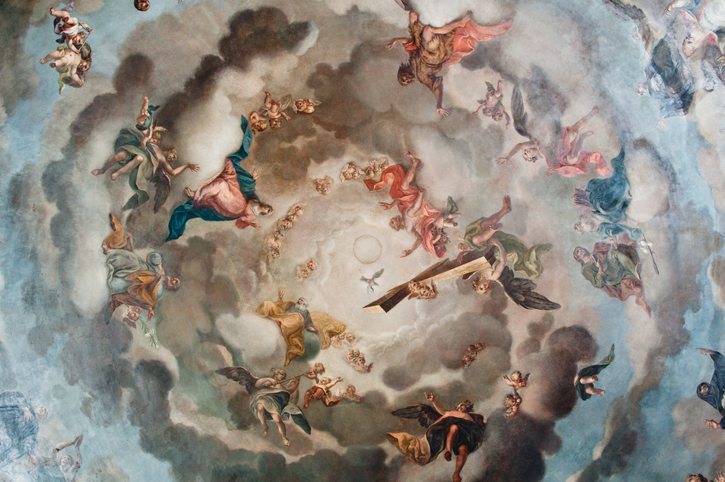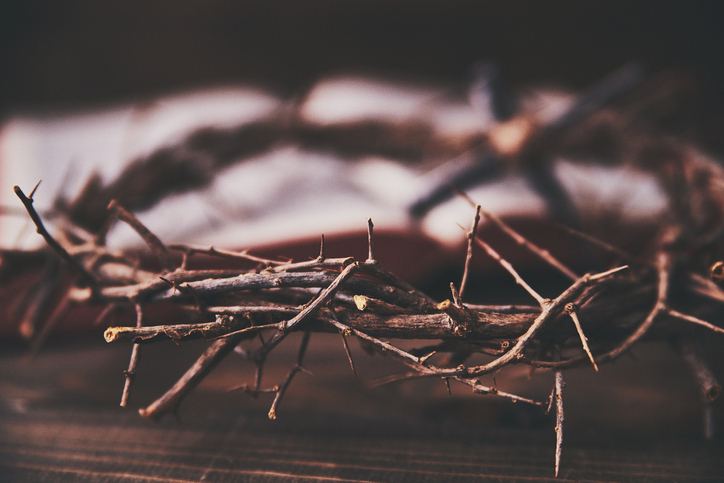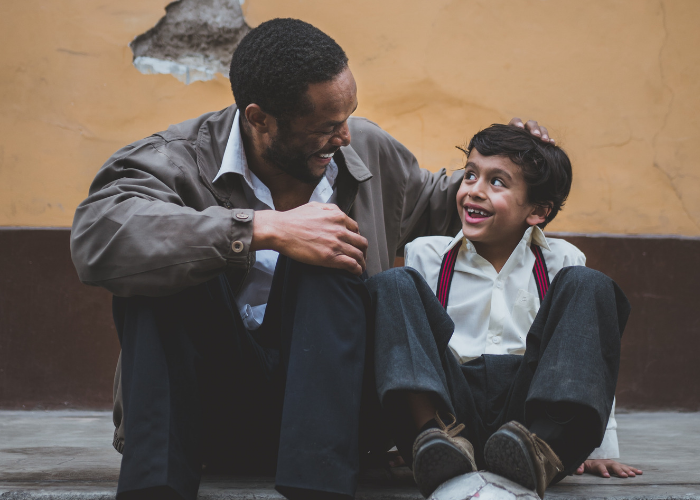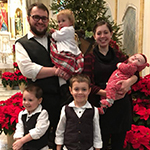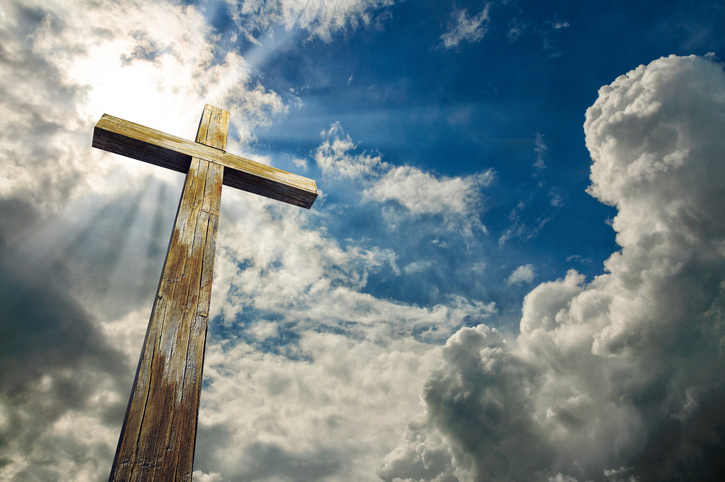Today is my wedding day so the readings I hear at Mass will be different than the ones heard at a normal Saturday Mass. I chose this day on purpose because, in looking at the readings I thought to myself, “How incredibly appropriate for this big day.” Please bear with me and hear me out while I explain my thoughts…
The overarching theme of today’s readings is the universal scope of Christianity. In the first reading, we hear of how Christianity spread to Greece. The humble origins of the Church are always so striking to me. Christ chose normal people, unassuming people as messengers of the Good News. He knew that His message of love and redemption would be spread by people who were on fire because of what they witnessed. The responsorial psalm reminds us that God’s love is universal, it belongs to everybody: “Let all the earth cry out with joy!” His love doesn’t belong to just one people, one time, etc.
I recently read an article with the provocative title of something like “Stop Trying to Make Christianity Relevant”. I read it with the intention of figuring out what the “other side” had to say about the relevance of Christianity. What I read, however, was surprising. It was from a Christian perspective, not from the perspective of someone who was tired of hearing the “Christian narrative”. The author was calling other Christians to lead a more radical life. He reminded us that the Christian life is not easy, it is not made for this world. Rather, it is difficult; there are many trials and obstacles. We must fight many battles and sometimes it seems as though we lose all of those battles. What we must realize in our fight is that our battle is not to win favor in this world, it is to merit the next. Our fight is towards Heaven and against evil. To be a Christian is to be a witness of Christ and to be a witness of Christ is to embrace the Cross of Christ.
Now to bring it back full circle….how in the world is this relevant for a wedding? Well, I work in a very secular environment and I often get questions about why my fiancé and I didn’t live together before getting married. The questions often came in the condescending form of, “Is it for religious reasons?” I found myself wanting to avoid the answer of, “Yes! It is for religious reasons.” Finally, I asked myself why I was so ashamed of that answer and realized that it had nothing to do with being ashamed of my faith but everything to do with how the question was asked. Why would an affirmative answer of “Yes, I do this because of my belief system” be looked down upon? Because, to the world, our faith seems oppressive and restrictive. But the truth is that our faith is incredibly freeing and hopeful! Our faith is based on Truth and Goodness and Beauty. Unfortunately, our world doesn’t recognize that. So, perhaps in our culture, the Cross we bear is weighed down by condescending questions, intolerance, and misguided perceptions of what the Catholic faith truly is.
We, like the Apostles, come from humble origins. We are unassuming people. We work in schools, offices, hospitals, and churches. We encounter people of every race, creed, culture, and tongue. It is our mission to be witnesses of Christ, spread the Good News, and carry our crosses with joy.
May we recognize that even when the world hates us, Christ loves us.

Dakota currently lives in Denver, CO is studying for her Master’s in Spanish, and loves her job as an elementary school librarian. She is engaged to the love of her life, Ralph. In her spare time, she reads, goes to breweries, and watches baseball. Dakota’s favorite saints are St. John Paul II (how could it not be?) and St. José Luis Sánchez del Río. She is passionate about her faith and considers herself blessed at any opportunity to share that faith with others. Check out more of her writing at https://dakotaleonard16.blogspot.com.
